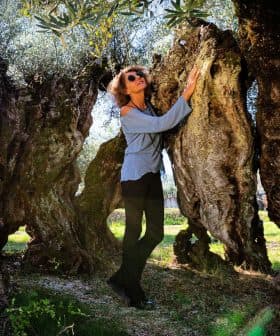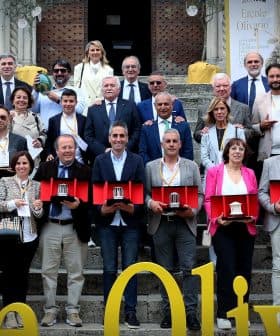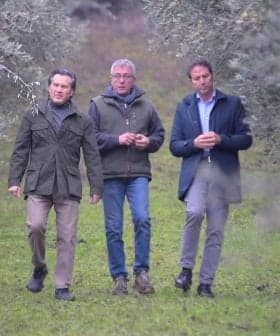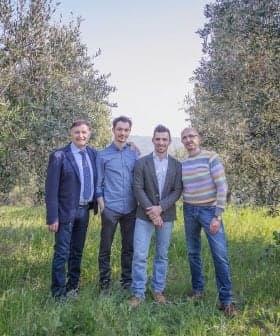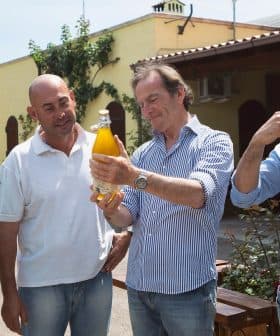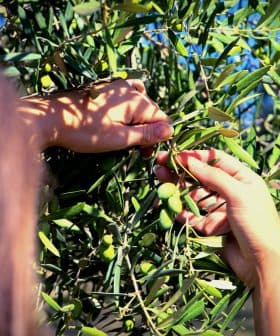Court Halts Removal of Xylella-Infected Millenary Trees in Puglia
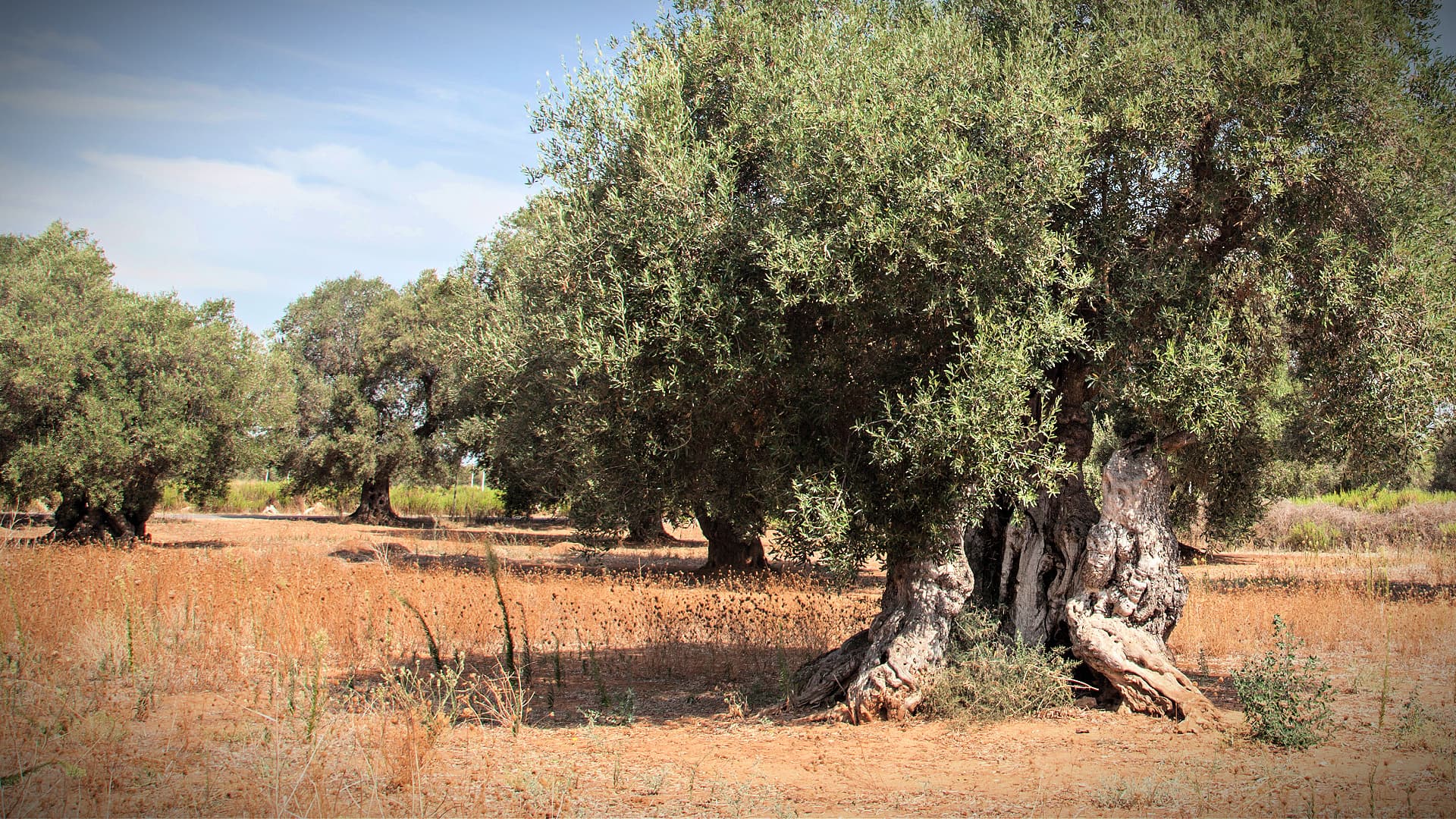
A regional court in Puglia decided to withhold provisions of a regulation that required the destruction of centuries-old olive trees infected with Xylella fastidiosa, a deadly pathogen. The court ruled that alternative agronomic practices, such as pollarding and grafting, must be implemented by June 30 to prevent the spread of the disease, despite criticism from local farmers and agricultural associations.
Dozens of centuries-old olive trees in the Monumental Olive Tree Valley in the southern Italian region of Puglia will not be destroyed even if they are infected with Xylella fastidiosa.
A regional court decided to withhold some of the provisions of a recently-approved regional regulation to curb the spread of the deadly olive tree pathogen.
The need for a quick intervention is something we have asked for years to prevent the significant olive culture heritage of Puglia and its economic, touristic and landscape from collapsing.
Xylella fastidiosa, which causes Quick Olive Decline Syndrome and spreads quickly through various insect vectors, is responsible for the death of millions of olive trees in Puglia since it was first detected in 2013.
According to the Italian news agency Ansa, the proprietors of 37 monumental olive trees around Ostuni will not have to comply with the rules stipulating the trees are destroyed.
See Also:Xylella Arrived in Italy from a Costa Rican Coffee Plant, Researchers SayHowever, they will have to implement all of the agronomic practices identified by the regulation to limit the reproduction of the Xylella fastidiosa vector insects.
The Apulian Regional Administrative Tribunal said all the containment measures must be carried out by June 30 for the trees not to be destroyed.
The tight deadline is because most spittlebugs, a major vector insect for Xyella fastidiosa, are maturing into adults during these crucial weeks.
Most of the containment measures aim to drastically reduce the opportunities for the insect to reproduce and mature in the vegetation found near the olive groves.
According to Rosa Fanizzi, the lawyer who represented the owners of the affected trees, the court ruled against the regional government because its regulation contradicted national law.
She argued that by requiring the infected trees to be destroyed as the “only possible containment measure,” authorities would be unable to study other experimental containment measures.
The tribunal judges said the monumental olive trees are subject to a special status that protects them from the direct application of some specific measures.
“There is an obvious risk of serious and irreparable damage resulting from the drastic nature of the contested abatement measure,” they wrote. “The granting of precautionary protection must be subject to the practical implementation of alternative measures to culling.”
Some tree owners have covered their olive trees to isolate the plants from potential Xyella fastidiosa vectors, which did not convince the judges.
“Putting the so-called hood on the infected olive tree… does not appear sufficient to prevent the risk of Xylella fastidiosa spreading, even more with the onset of summertime, which makes contagion more probable,” the judges wrote.
Among the mandatory measures listed by the judges as viable alternatives to the destruction of the trees are pollarding – the process of removing the upper branches of a tree – and grafting the trees with resilient cultivars.
Despite these measures, local farmers harshly criticized the tribunal ruling. Copagri, an agricultural producers confederation, said the grafting technique does not work and infected trees should always be removed. The confederation also asked for infected trees to continue being removed.
“The monumental olive trees are a communal heritage which has to be protected as much as possible,” said Tommaso Battista, president of Copagri Puglia.
“Having said this, we believe that 10 years after the detection of Xylella fastidiosa in Puglia… it is from science that should be getting answers needed by both farmers and all citizens who love the extraordinary landscape of our region,” he added.
“It is unthinkable to continue promoting the grafting technique, which numerous scientific papers have shown does not have any scientific basis,” Battista continued.
Battista also emphasized how the regional phytosanitary public services “had already clarified how there is no scientific evidence that the grafting technique is useful.”
“They even emphasized how such operations might present risks, the extent of which cannot be calculated due to the lack of long-lasting monitoring operations regarding the resilience and genomic integrity of the two olive cultivars currently considered resilient to Xylella, not immune, which are Leccino and FS17,” he added.
The Apulian branch of the farming association Coldiretti also criticized the tribunal’s ruling.
“Infected olive trees remain active outbreaks, sources of infection for the spittlebug, the insect which allows Xylella to spread,” said Savino Muraglia, Coldiretti Puglia’s president and an olive oil producer.
He recalled instances in the last decade when infected plants have not been removed in several areas, with consequences still widely felt.
“Puglia has already paid for the havoc that has been perpetrated, for example, in Oria and Francavilla where, in order to not tear down 47 sick olive trees as appeals in the tribunal blocked removal operations, 3,100 trees have died because of the killer bacterium and allowed the vector to continue to infect thousands of even monumental specimens,” Muraglia said.
“The need for a quick intervention is something we have asked for years to prevent the significant olive culture heritage of Puglia and its economic, touristic and landscape from collapsing,” he added.
The regional secretary to agriculture and one of the promoters of the regional law, Donato Pentassuglia, said the tribunal order does not change the nature of the local regulation.
According to La Gazzetta del Mezzogiorno, Pentassuglia said that grafting operations have been brought forward only by a few owners and insisted that the region continue asking them to remove and destroy the trees.
The Apulian Regional Administrative Tribunal will fully address the matter in a decision expected by December.




